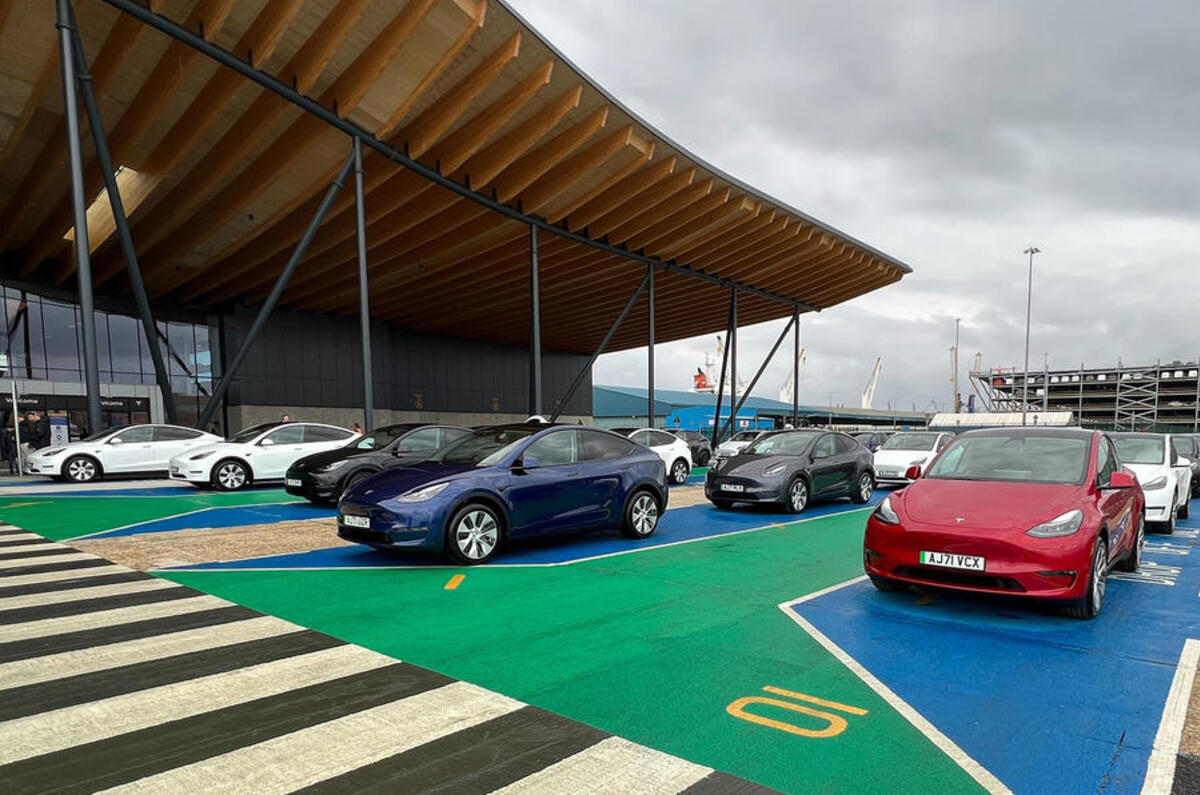Tesla CEO Elon Musk has suggested his firm could look to stop taking orders for certain models in an effort to combat lengthy, supply-related lead times.
Speaking at the Financial Times Future of the Car summit, Musk laid bare the drastic impact of ongoing parts supply constrictions on Tesla's ability to produce cars to meet demand.




Add your comment